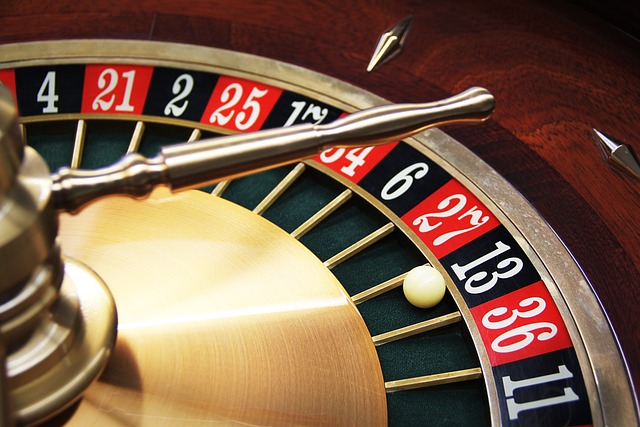The Gambling Laws EU represent a complex, nation-specific approach reflecting the EU's commitment to national sovereignty and cultural diversity. Key principles like consumer protection, fair play, problem gambling prevention, and regulation of gambling sites remain consistent while targeting illegal cross-border activities. This unique balance creates a varied yet protective gaming environment across the EU, with stringent laws in top EU countries for online gambling, such as the UK's Gambling Act 2005 and Germany's Glücksspiel-Monopolgesetz (GMG), ensuring fair practices and comprehensive consumer protection. Understanding and adhering to these regulations is crucial for safe and legitimate gaming within the EU.
Gambling laws in the EU are diverse, reflecting each country’s unique approach. Understanding these regulations is crucial for both players and operators navigating the European market. This article explores the best gambling laws EU sites, focusing on top EU countries and their legal frameworks. We’ll guide you through key considerations for choosing safe, legitimate gambling platforms within Europe, ensuring a rewarding and compliant experience. “Understanding Gambling Regulations within the EU” and “Key Considerations” will equip readers with the knowledge to make informed decisions.
- Understanding Gambling Regulations within the EU
- Top EU Countries for Online Gambling and Their Legal Frameworks
- Key Considerations for Choosing a Safe and Legit Gambling Site in Europe
Understanding Gambling Regulations within the EU

Gambling regulations within the EU are a complex web, with each member state having its own set of rules and guidelines. This diversity is largely due to the European Union’s respect for national sovereignty and cultural differences in gambling practices across its member states. The Gambling Laws EU vary significantly from country to country, reflecting local attitudes towards gaming and its potential social impacts.
Despite these variations, there are several key principles that underpin gambling regulations throughout the EU. These include consumer protection, ensuring fair play, preventing problem gambling, and regulating the licensing and operation of gambling sites. The EU’s legal framework also aims to combat cross-border illegal gambling activities and ensure a level playing field for licensed operators. This balance between regulation and national autonomy allows for a diverse gaming landscape while maintaining consistency in key areas of protection.
Top EU Countries for Online Gambling and Their Legal Frameworks

When it comes to the top EU countries for online gambling, several nations have established robust legal frameworks that protect players and ensure fair practices. The United Kingdom, for instance, is renowned for its stringent Gambling Act of 2005, which regulates online casinos, sports betting, and bingo. This legislation sets clear guidelines on licensing, age verification, and problem gambling prevention, making it a model for other European jurisdictions.
Germany has also embraced the digital gaming landscape with its state-regulated market. Each German state has its own gambling law, collectively known as the Glücksspiel-Monopolgesetz (GMG), which grants exclusive licenses to state-owned operators. This centralized approach ensures comprehensive oversight and consumer protection, particularly in the rapidly evolving world of online gambling within the EU.
Key Considerations for Choosing a Safe and Legit Gambling Site in Europe

When selecting a gambling site within the European Union (EU), understanding and adhering to the region’s comprehensive Gambling Laws is paramount. The EU has established robust regulatory frameworks to ensure fair play, consumer protection, and responsible gaming. These laws govern various aspects, including licensing, game transparency, payment methods, and data security. Opting for licensed operators who comply with these regulations is a critical step towards ensuring safety and legitimacy.
Key considerations include verifying the site’s license from reputable EU gambling authorities, checking for secure connections indicated by HTTPS, and reviewing terms and conditions regarding bonuses, withdrawals, and dispute resolution. Additionally, independent reviews from trusted sources can provide insights into the site’s reputation, fairness, and customer satisfaction, further enhancing your confidence in choosing a legitimate gambling platform within the EU.
When navigating the world of online gambling within the EU, understanding the Gambling Laws EU is paramount. Each country has its own legal frameworks, but shared regulations ensure a relatively consistent environment for players across borders. By choosing reputable sites and considering safety aspects, you can enjoy a fair and secure gaming experience. Always remember to stay informed about local laws and select licensed operators to safeguard your interests.






